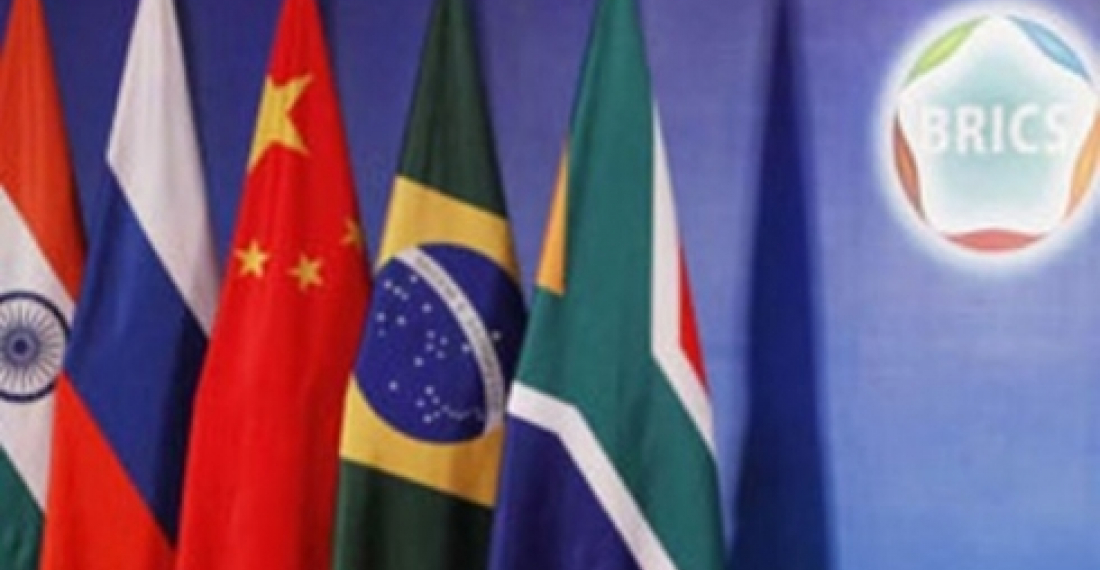Президент России Дмитрий Медведев сегодня изложит свое видение роли стран БРИК - группа из пяти стран, которые играют все более важную роль в международных отношених. Лидеры Бразилии, России, Индии, Китая и Южной Африки собрались сегодня в Нью-Дели на своём четвертом саммите.
Помошник президента России Сергей Приходько сообщил ИТАР-ТАСС, что "Россия рассчитывает, что предстоящий саммит примет решения, способные оказать ощутимое позитивное воздействие на развитие финансово-экономической и международно-политической ситуации, укрепить позиции БРИКС в мире, продвинуть наше взаимодействие по различным направлениям".
Приходько сообщил о приоритетах России на саммите, "углубленный анализ ситуации в мировой экономике и финансах, а также координацию позиций участников БРИКС перед саммитом "двадцатки" в июне в Мексике". Кроме того, по его словам, Москву интересует "реформа МВФ и обсуждение вопроса о масштабах и условиях возможного участия государств БРИКС в пополнении финансовых ресурсов МВФ; "сверка часов" по наиболее острым международно-политическим вопросам /обстановка в Сирии и вокруг нее, ситуация вокруг Ирана/; проблематика энергетической безопасности."
Приходько сообщил, что индийским председательством на обсуждение вынесены две группы вопросов. Первая из них касается проблем глобального управления. "Лидеры обменяются мнениями о состоянии мировой экономики, реформах институтов глобального управления и проблематике международной стабильности и безопасности", - уточнил представитель Кремля. Второе направление дискуссии – БРИКС и устойчивое развитие.
Политический редактор Commonspace.eu сказал в комментарии, что Россия все больше полагается на поддержку со стороны стран БРИК в ООН и в других международных форумах, в своих усилиях в противовесе позициям США и ЕС по ряду международных вопросов. Однако ситуация сильно отличается от времен холодной войны. Россия, как и остальные четыре страны БРИК, имеют больше общих интересов с США и ЕС , чем разногласий и, следовательно, обе стороны стремятся к конструктивному взаимодействию, а не конфронтации. Такие вопросы, как нынешний кризис в Сирии отразили разные подходы двух групп, но есть много других вопросов, связанных с глобальной экономикой, а также международной безопасностью, где обе стороны стремятся к совместной работе. Саммит в Нью-Дели даст хорошее представление о позиции стран БРИК по некоторым из этих проблем в будущем, а по окончанию саммита, как ожидается, будет издана Декларация.
Источник: commonspace.eu по материалам ИТАР-ТАСС
Фото: Флаги пяти стран-членов БРИК (фото любезно предоставлено ИТАР-ТАСС).
Commentary
Россия рассчитывает на БРИК. Лидеры Бразилии, России, Индии, Китая и Южной Африки встретились в Нью-Дели.







